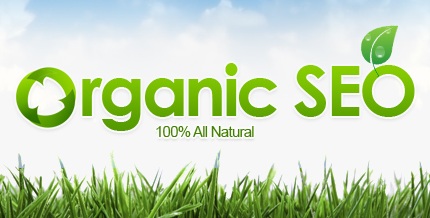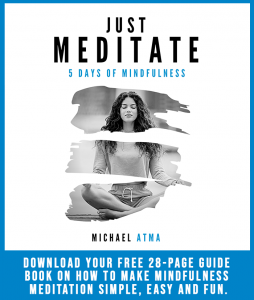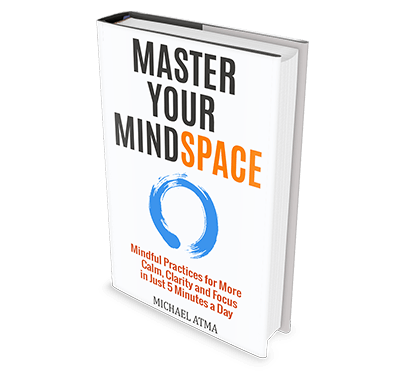
In light of Google’s recent (and not so recent) updates, there’s been a lot of talk about Search Engine Optimization (SEO) being less relevant and less important. In truth, responsible SEO is more important than ever as more and more websites are competing for Google search results.
However, there is some validity to the doom and gloom arguments about SEO. What has really happened in the industry is that SEO as a standalone technical exercise has become redundant. As well, low quality (often outsourced or software driven) tactics have also met the fate of the Google’s jungle beasts:
- Comment spam – Dead
- SEO mini-sites and low quality link sites – Dead
- EMD’s (Exact Mtach Domains – Dead
- Outsourced linkbuilding – Dead
- PBN’s (Personal Blog Networks) – Dead
- Thin Content – Dead
- Bad On-Page SEO – Dead
So, while standalone Search Engine Optimization may be dead, holistic SEO that puts your visitors first is more important than ever.
What does Holistic SEO look like for you? Let’s have a look at some of the many different elements:
- Make sure that you have all your technical website issues in check. There are many things to consider and Google’s PDF Starter Guide to SEO will give you a good overview.
- Do keyword research to discover what language your audience uses to search for the type of information you offer.
- Refer to this research as you write (or edit) your pages to make sure you are using the same language your audience understands.
- Itemize all your site’s pages in an Excel spreadsheet, assign relevant keywords to each page, and then write custom meta page titles and meta page descriptions for each page in this sheet. We call this document an “SEO Matrix” and it’s a great way to keep everything organized for yourself and anyone else who administers your site.
- For keywords and topics you address meaningfully on your site (and want to show up for in search), make a point of conducting competitive research to see how established your competitors are and how hard you will have to work to show up ahead of them in search.
- Become a regular content creator (i.e. get a Blog or News section on our site and get to work) and publish regular, valuable content about the topics most important to you and your visitors.
- This valuable content is then great material to share though your social media channels. It gives you meaningful material for sharing and drives traffic back to your site.
- Leverage your content and social media to network with other people as passionate about your subject matter as you are. You’ll soon find your content much more widely read and, if your content is worthy, you’ll find people linking to it. Natural, relevant links like these are the absolute most powerful kind of links to get and they show Google that you are a respected source of information for people searching on the topics/keywords you cover.
- As you build a reputation, it will also become possible to engage with larger sites and even news outlets, who may also write about you and link to you, which is hugely powerful.
- Consider other types of content your audience might like: recorded interviews, videos, podcasts, etc. Make sure to follow SEO best practices for each of these medium and make a point of sharing these pieces of content as far and wide as you responsibly can (and focus on engagement!).
- Make sure engagement is your top priority. Earning +1s (Google +), likes and shares are all great ways to build awareness and traffic.
- Understand “offsite best practices” for SEO and make sure to responsibly apply them. This includes signing up for Google Authorship so that Google can track your content and come to see you as a respected content creator.
This list is by no means complete, but the theme is to make sure you are using all your tools in an organized, authentic manner.
Quite simply, you want to leverage SEO best practices as you discover what your audience is interested in, create content around it, share that content and link the complimentary content together internally on your site. If you do this strategically and responsibly, you’ll find that SEO can be a huge contributor to your business.
As with any online marketing strategy don’t put all your eggs in the one basket. While SEO can and does help business to get leads, sales and customers, it’s good to use both paid and free traffic sources to keep your leads flowing into whatever sales funnel you are building.
No matter what type of marketing you do always remember the first rule of marketing is to test and measure results and know your stats. If you fail to do this then it’s as good as driving your car at night with a blindfold on and expecting to get wherever you are going safely – it’s never going to happen!
By knowing EXACTLY what your conversions numbers are and where they come from you can then easily upscale your marketing strategies anytime you like to grow your business and make more money.


